Aloe the miracle of nature
A pharmacy in your home
Aloe the miracle of nature - A pharmacy in your home
Scientific name: Aloe vera barbadensis miller - Aloe Vera
Family: Liliaceae
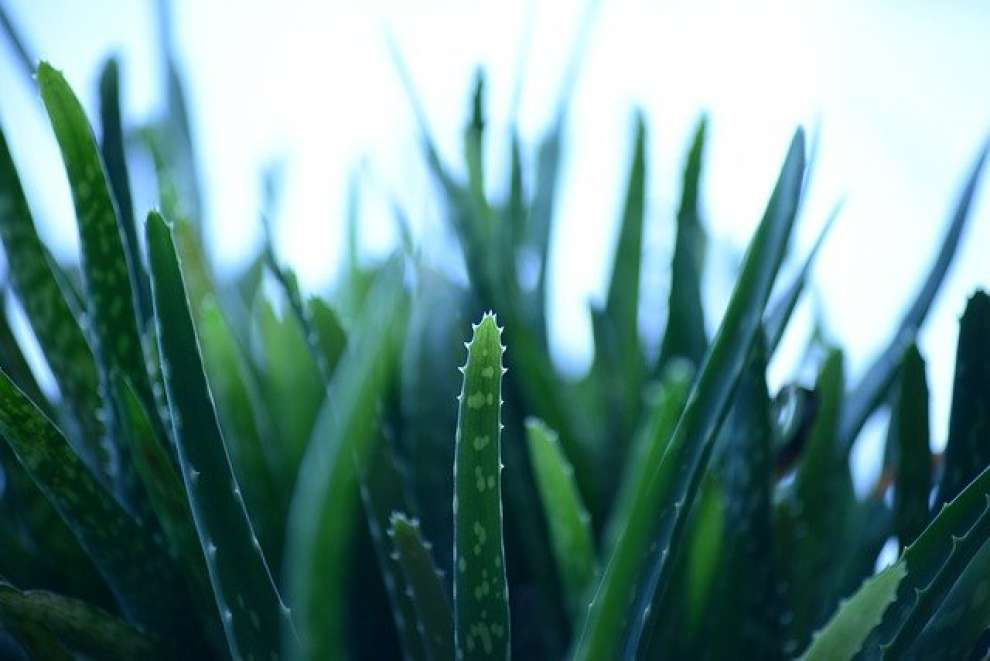
Etymologically, the word "aloe" comes from the Hebrew word "alloeh" and means bitter and glowing substance, while the word "vera" has its root in Latin and means "true". It probably originates from North Africa, the Canary Islands and Cape Verde.
Aloe is a native plant that grows in warm regions of the world, while in Greece and Cyprus it is found in abundance.
Its use is lost for centuries, as it is said that Cleopatra owed her beautiful skin thanks to an aloe-based lotion made by a Nubian slave. Also, Alexander the Great is said to have healed his wounds with aloe when he was wounded by an arrow in Egypt. In ancient Greece, aloe symbolized beauty, patience, luck and health. Hippocrates has described several of its healing properties.
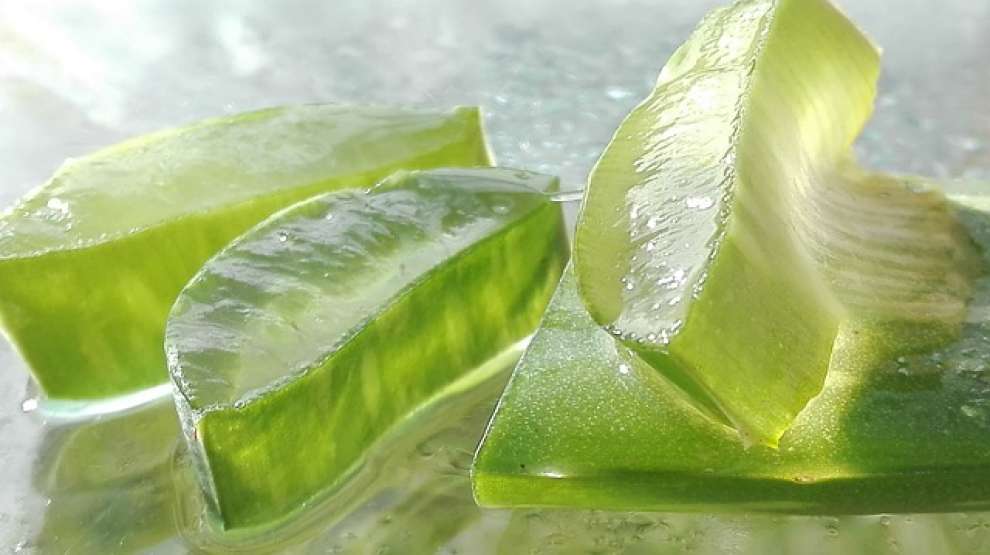
The Romans discovered aloe, watching their Carthaginian captives treat their wounds with its juice. In the Middle Ages, the yellow liquid inside the leaves was used as a laxative. Paracelsus discovered aloe on a trip to Portugal and Spain and mentions in a letter, the "mysterious aloe" as the golden liquid that cures burns and blood poisoning.
Aloe is known for its healing, emollient, laxative properties.
Τhe bitter yellow juice (Aloin), which is collected by cutting the leaves at the root, has a strong laxative and laxative effect.
The most important thing, however, is the gel that is collected with the pressure of the leaves. This gel is an excellent wound healer, but also a healer of burns, which come mainly from hot liquids and the sun.
Also:
- It is used for all skin diseases, while administered orally it helps in the healing of peptic ulcers, but also in the treatment of irritable bowel.
- In a small dose it increases the menstrual flow.
- has a strong antioxidant action, acting against free radicals.
- strengthens the immune system.
- has a strong anti-inflammatory effect.
- acts against bacteria, fungi and parasites.
- Improves cell metabolism and function.
- stimulates bone marrow activity.
- stimulates the production of fibroblasts for the release of collagen.
- lubricates the joints.
- has anti-aging action.
- has anti-cancer action.
- strengthens the defense system.
- cleans the body of toxins.
- helps digestion without causing diarrhea.
- contributes to the healing of wounds, both in the intestine and in the stomach.
- used for the treatment of bruises. Recommended for hemorrhoids and warts.
- oxygenates the tissues.
- helps regulate sugar.
- can lower cholesterol and blood pressure.
- for gingivitis and periodontitis, reduces soft tissue swelling and reduces the tendency for bleeding gums.
- helps in the dilation of blood vessels and therefore, in the transfer of nutrients to the skin.
- is also used in cosmetology, in the production of cosmetics.
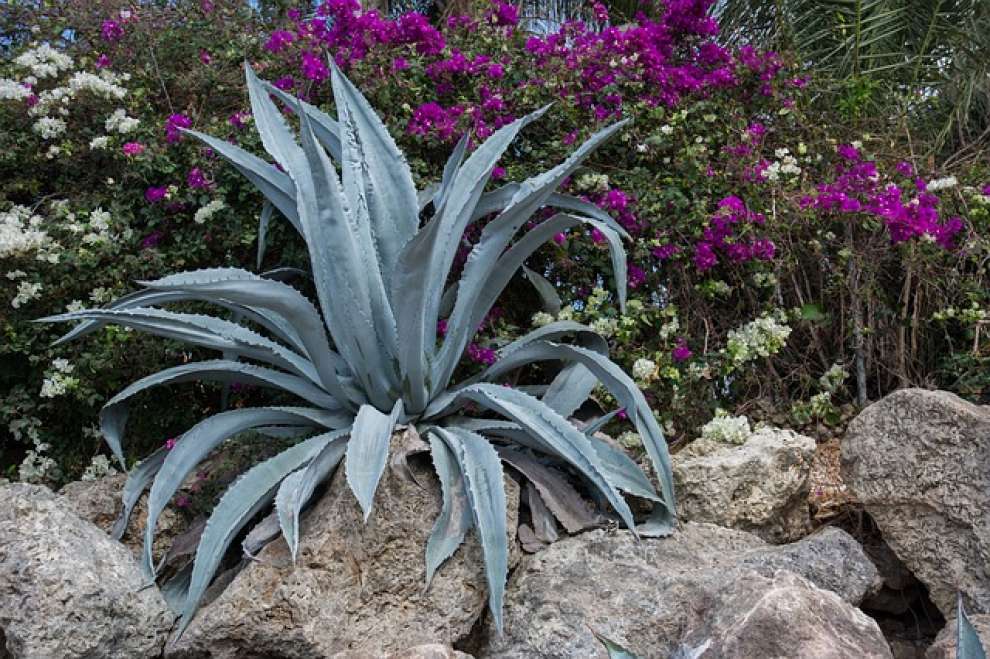
You can have aloe plants in your home and use the leaves fresh daily, just cut the leaf and remove the gel to use it. Keep the aloe plant indoors or outdoors in a bright place, as long as the temperature does not exceed 37,40F, water the plant as soon as the soil seems to have dried.

 English
English
 Ελληνικά
Ελληνικά Русский
Русский

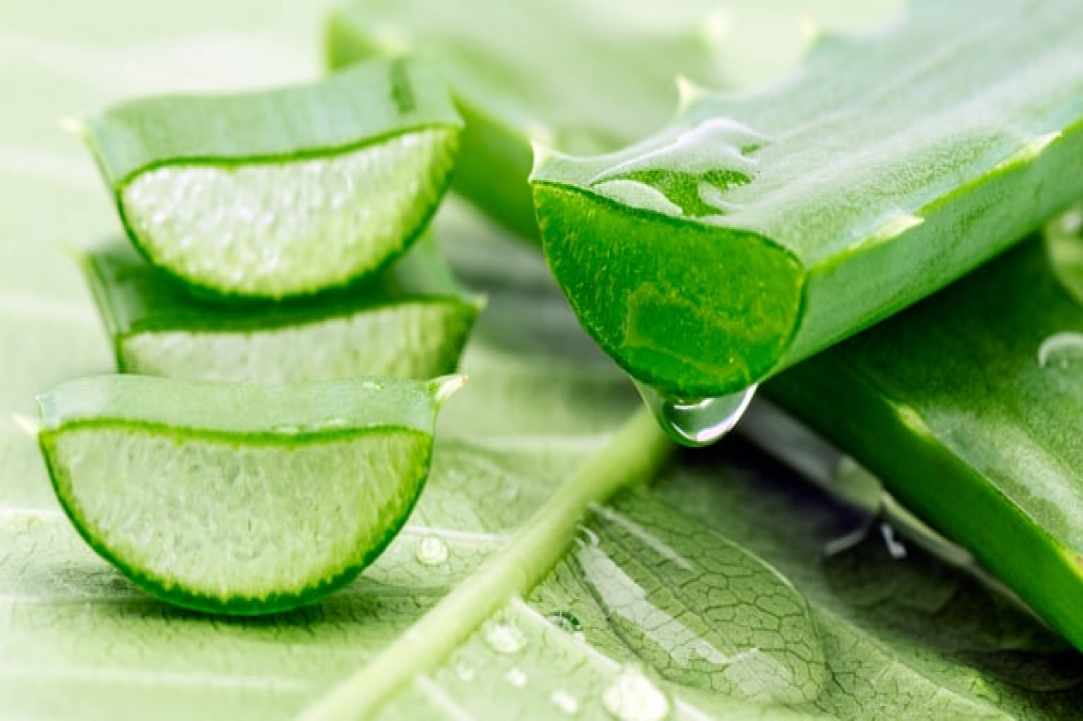
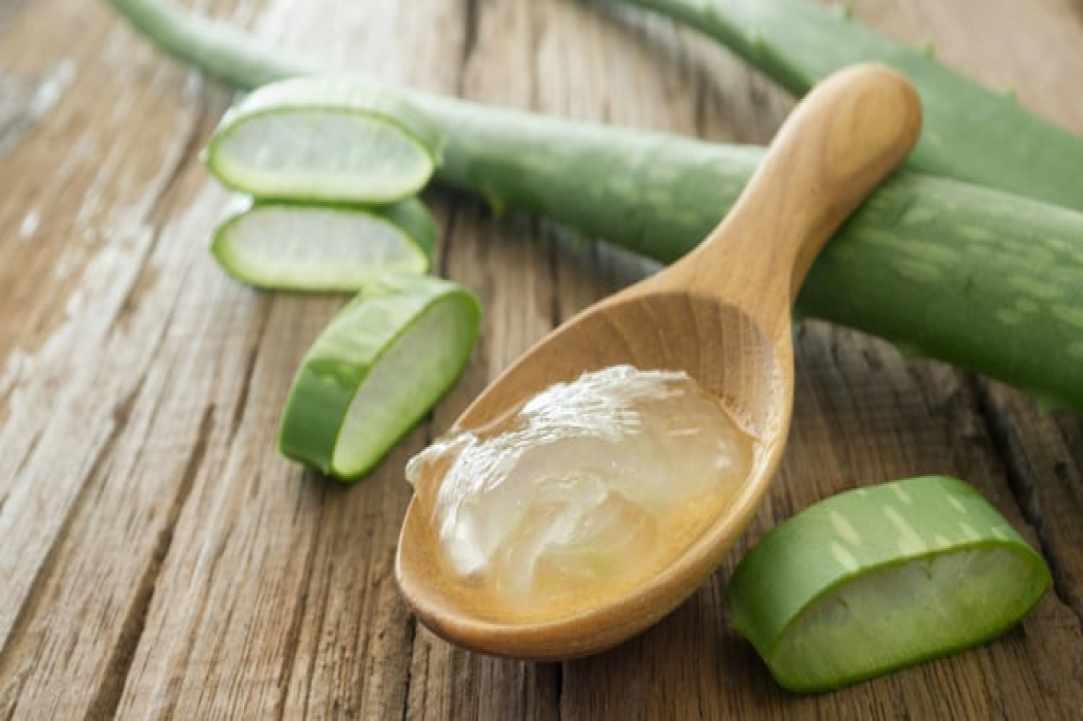
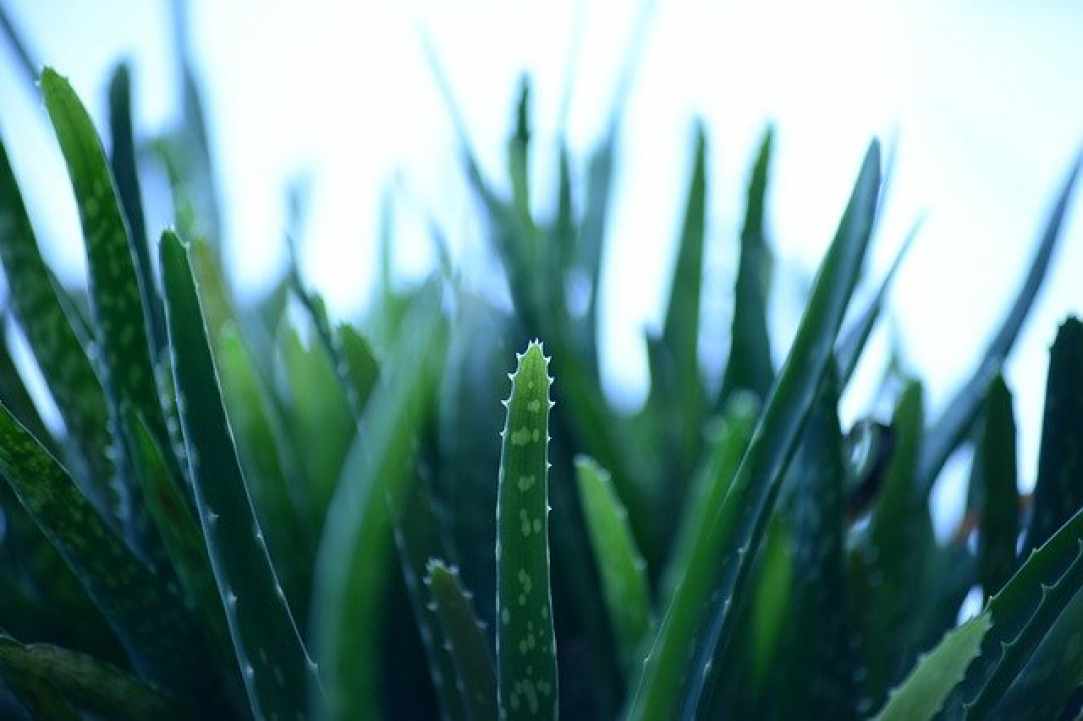
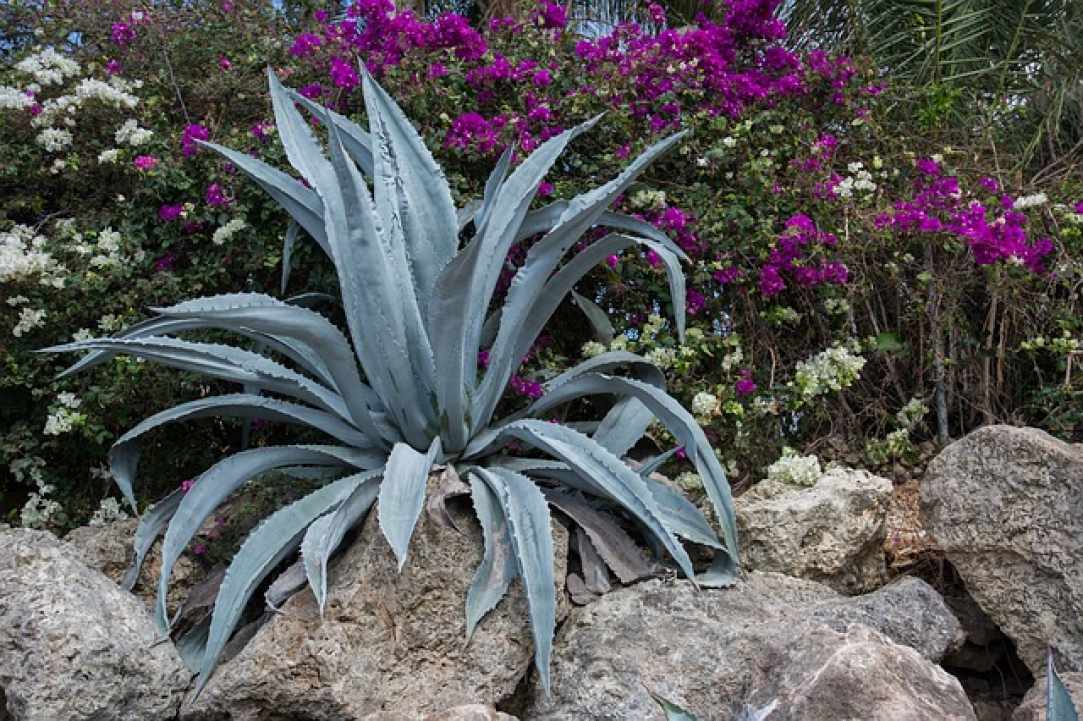
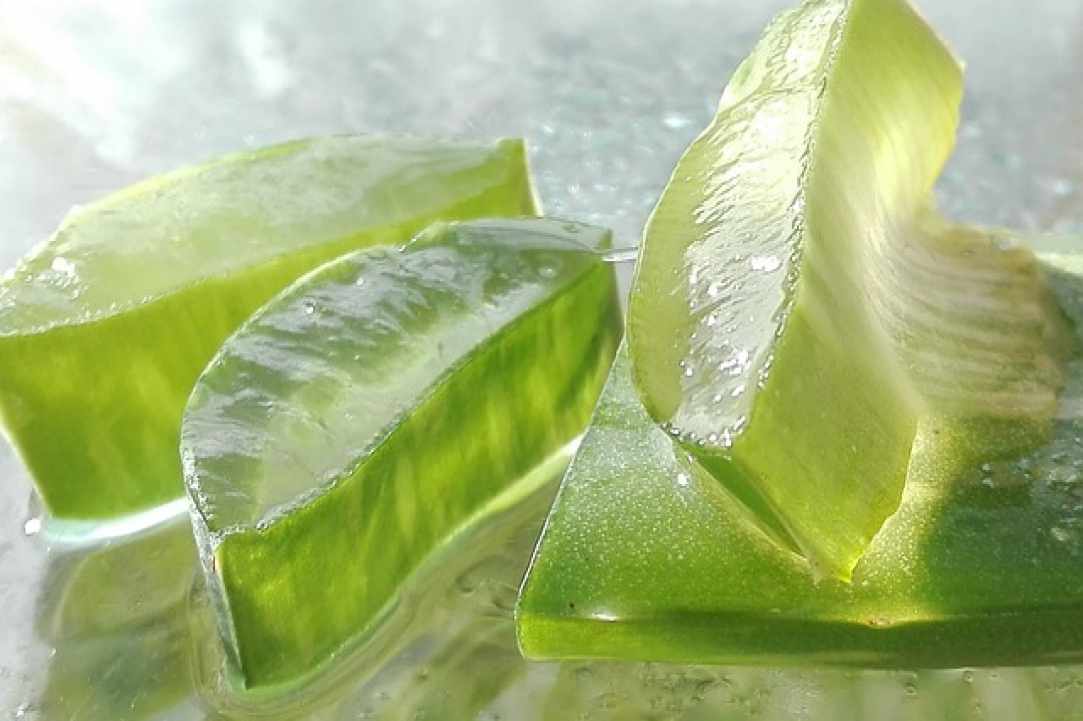

 Posted by
Isabella Ziova
Posted by
Isabella Ziova






